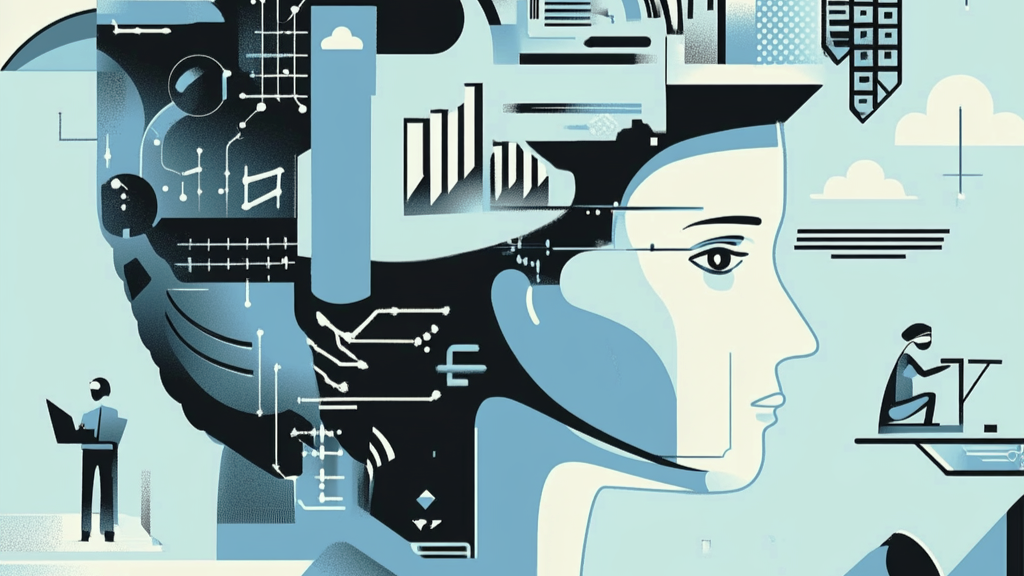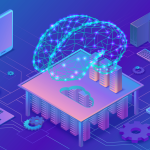Introduction
The intersection of artificial intelligence, celebrity culture, and global activism has created a new form of digital awareness. Today, the way people engage with social issues is no longer confined to traditional institutions—it unfolds through viral campaigns, algorithmic trends, and influencer-driven narratives.
As technology amplifies the voices of both activists and entertainers, awareness movements have become faster, broader, and more interactive than ever. Yet, this rapid growth raises important questions about authenticity, ethics, and the long-term impact of digital influence on society.
The Power of Algorithmic Activism
Social media algorithms determine which issues gain visibility and which fade into obscurity. AI-driven recommendation systems amplify content that triggers emotion, helping causes go viral within hours. While this democratizes activism, it also turns attention into a commodity governed by engagement metrics.
The result is a new kind of advocacy—one that depends on machine learning rather than mainstream media. Movements like climate protests or humanitarian campaigns owe much of their success to how well they perform in the digital ecosystem.
Celebrities and the Globalization of Awareness
Celebrities play a major role in transforming local movements into global ones. When public figures endorse causes, their words carry enormous influence across platforms and cultures. A single post from a famous figure can generate worldwide attention within minutes.
This celebrity-led activism bridges the gap between social consciousness and entertainment. However, it also blurs sincerity with branding, as some critics question whether advocacy is motivated by genuine conviction or digital visibility.
Artificial Intelligence and Humanitarian Storytelling
AI has revolutionized how stories of social change are created and shared. Nonprofits use data-driven tools to target audiences, optimize messages, and visualize the impact of their initiatives. Machine learning can analyze global trends to identify areas most in need of attention.
Yet, storytelling powered by algorithms risks losing its human touch. The emotional depth of traditional journalism is often replaced by precision-targeted content optimized for engagement, raising concerns about empathy in a data-dominated age.
Technology’s Role in Global Cooperation
Technology enables real-time collaboration across nations and communities. Online campaigns for environmental protection, human rights, or education rely on digital platforms to coordinate efforts and gather support from millions.
However, dependence on technology also exposes activism to manipulation. Misinformation, fake accounts, and AI-generated propaganda can distort causes and erode public trust. The challenge lies in building reliable systems that promote truth without silencing genuine dissent.
The Ethics of Digital Influence
As celebrities and AI technologies shape public awareness, ethical boundaries must be addressed. When social causes become part of digital marketing strategies, the distinction between advocacy and commerce begins to fade.
Transparency in communication is crucial. Audiences deserve to know when messages are driven by algorithms or sponsorships. Without clear ethical standards, influence risks becoming exploitation dressed as empathy.
The Future of Global Awareness
The next stage of activism will depend on how humanity integrates AI responsibly. From deepfake detection to AI-driven transparency tools, technology can protect truth and enhance accountability if used wisely.
Collaboration between governments, tech corporations, and civil society is essential to ensure that awareness movements remain authentic. The goal should be empowerment through technology—not manipulation through algorithms.
FAQs
How do algorithms influence social activism?
Algorithms determine which causes are seen by the public, often amplifying emotionally charged content that drives engagement online.
Why do celebrities matter in global awareness campaigns?
Their platforms provide visibility and reach, helping bring attention to humanitarian issues that might otherwise remain overlooked.
Can AI help promote social justice?
Yes, AI can analyze global data, identify inequalities, and assist in designing more effective outreach and aid programs.
What are the ethical risks of digital activism?
Commercialization, misinformation, and manipulation threaten the credibility and sincerity of online advocacy efforts.
How can technology improve global cooperation?
By providing tools for communication, transparency, and coordination, technology allows global movements to unite across borders more efficiently.
Conclusion
The fusion of AI, celebrity culture, and digital activism has redefined how societies engage with global issues. While technology empowers voices and expands awareness, it also introduces challenges of authenticity, ethics, and control.
To preserve the integrity of global activism, humanity must ensure that technology remains a bridge for empathy rather than a barrier of manipulation. The future of awareness will depend on how truth and influence are balanced in a connected, algorithmic world.







